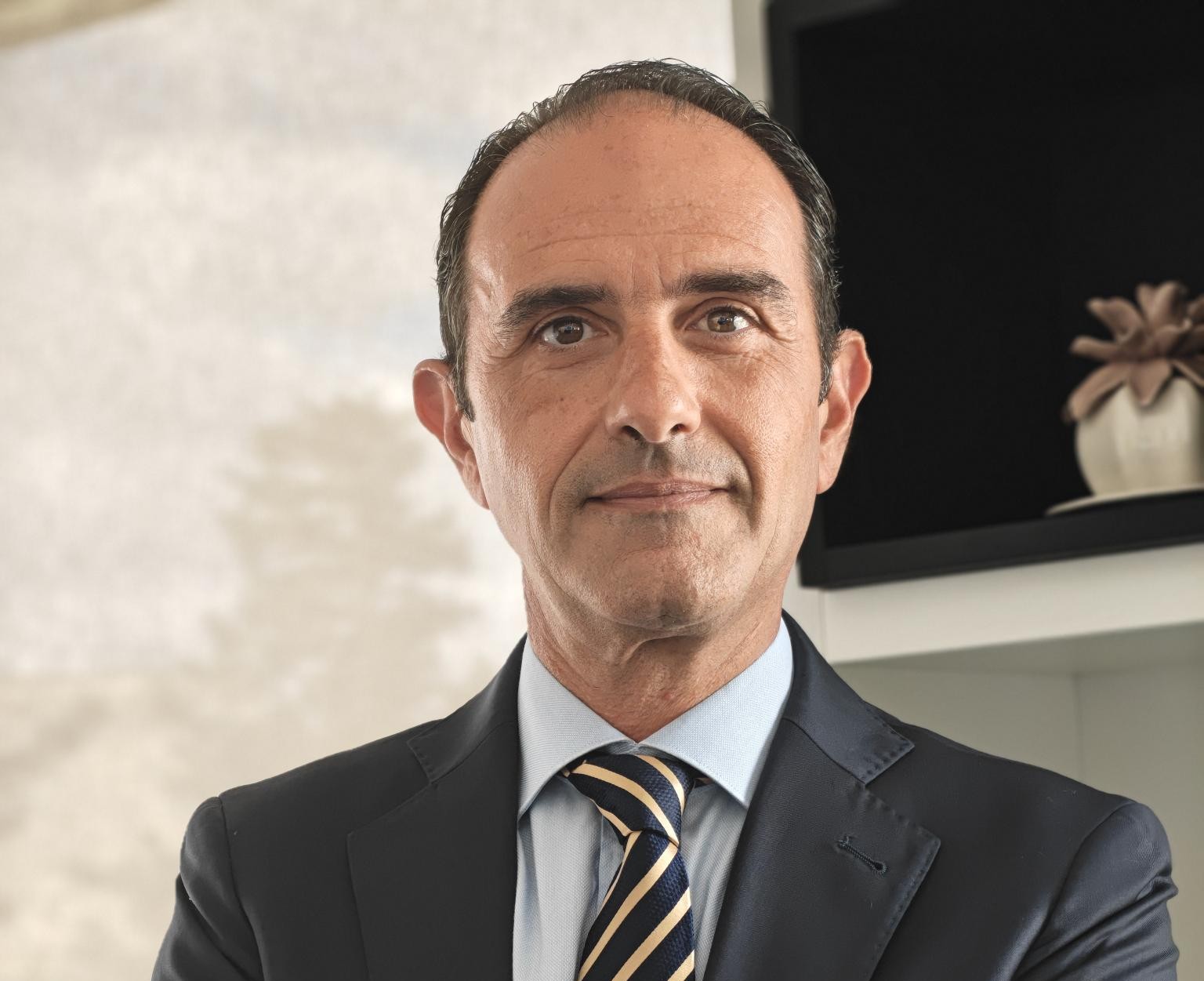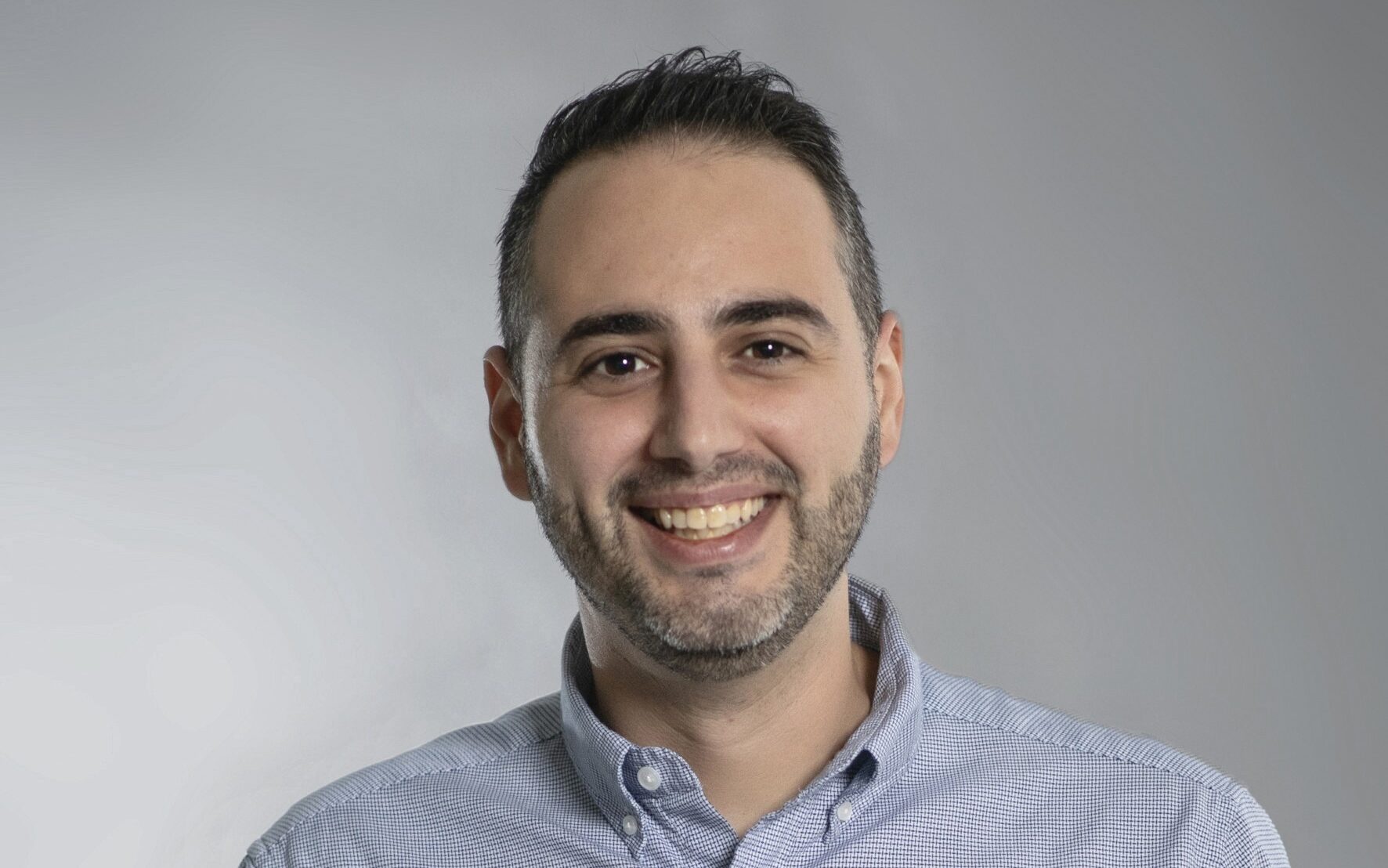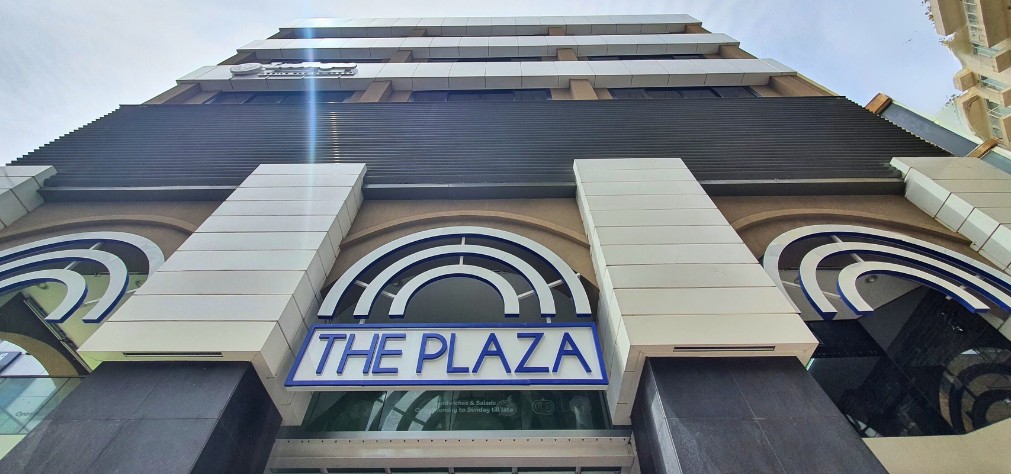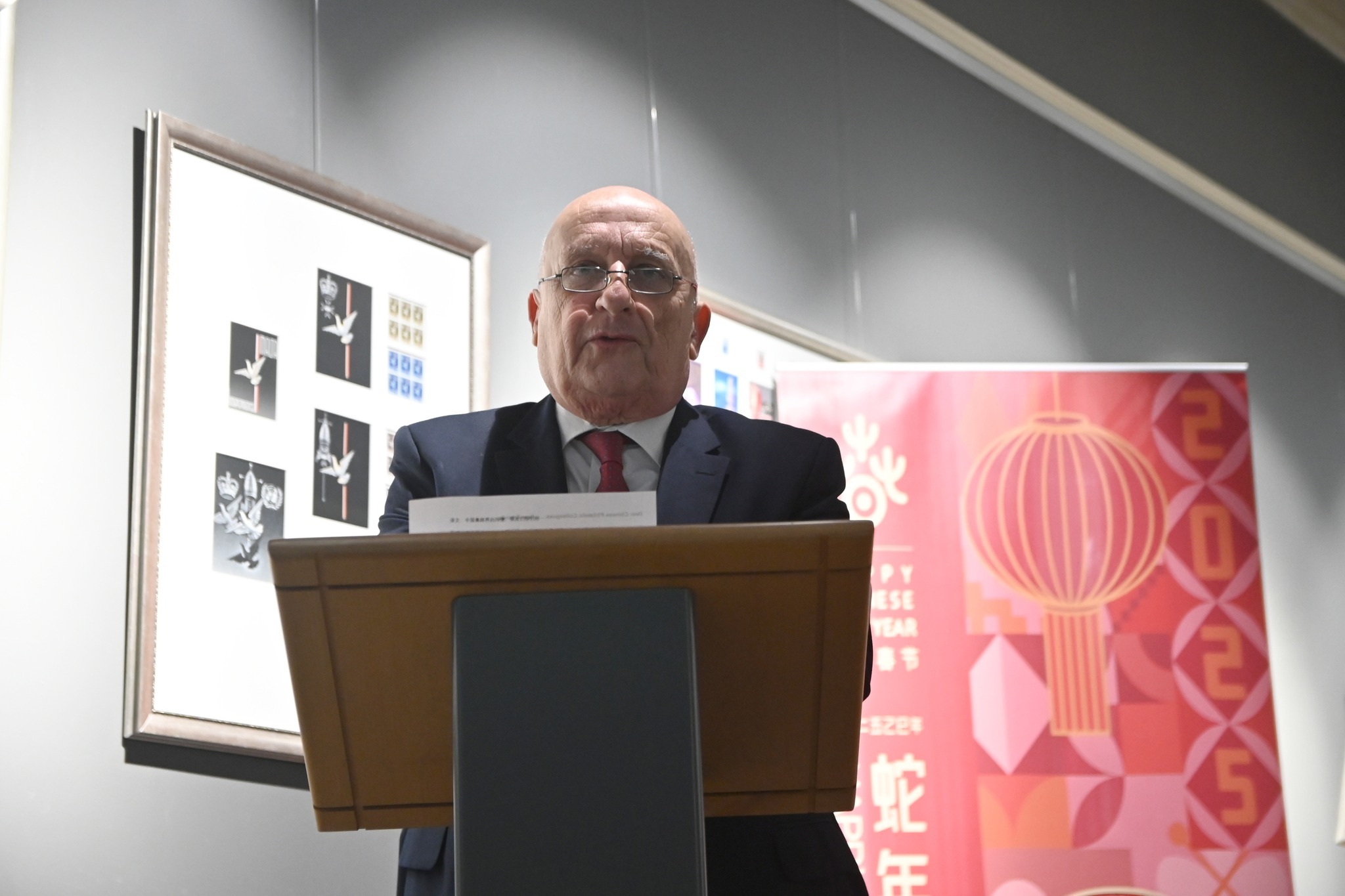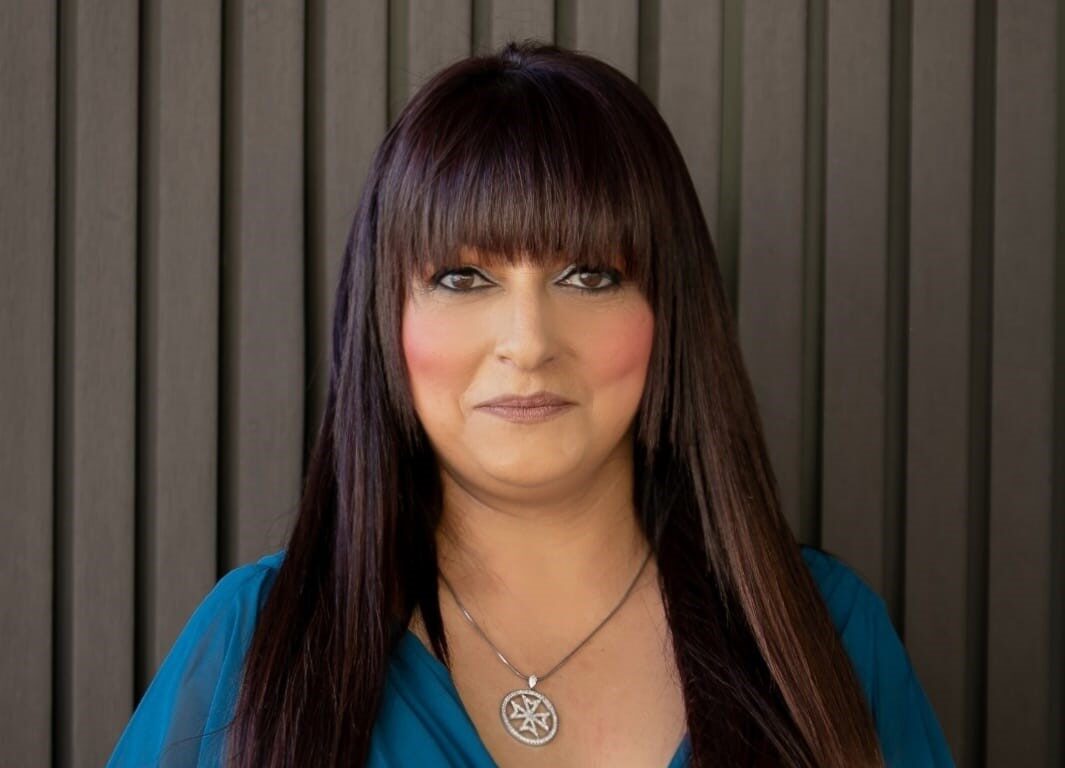Business leaders working in the technology sector have stated that digital literacy has become an “essential expectation” in employees given the widespread integration of technology in the modern workplace.
Digitalisation has dominated the business world in the last few decades, and particularly rose to prominence during the COVID-19 pandemic, when various businesses shifted to remote operations, requiring employees to rely on technology even more than before.
In this regard, Malta is fairly advanced, with a large portion of its population being digitally literate, primarily due to the multiple technologies users are exposed to on a daily basis. On Thursday, EBO.ai CEO Gege Gatt remarked that this presents Malta with the “perfect conditions” to integrate technology more into our lives, including healthcare, as the adoption by citizens is “easier” than in other countries.
Following this, MaltaCEOs.mt contacted Infinite Fusion Chief Operations Officer (COO) Malcolm Mamo and Eunoia CEO Stefan Farrugia, both specialists working in the technology industry, to highlight the opportunities that increased digital literacy presents to Malta and whether there is still room for improvement.
Mr Farrugia remarked that over recent years, Malta has been “channelling significant investments towards enhancing resource quality, particularly within the tech community”. This has been coupled by “substantial evolution” in the private technology industry that has resulted in the adoption of “cutting-edge technologies and advanced practices”.
Relating this to Dr Gatt’s views on the healthcare sector, he remarked that Malta has the potential to “catalyse advancements in healthcare”, having a resulting impact “extending beyond our borders”.

Mr Mamo pointed out that the local education system is “at the heart of Malta’s digital literacy efforts”. These include initiatives such as Government’s “One Tablet Per Child” in 2014, which has had mixed results, as “ensuring effective educational use and not just passive consumption remains a challenge”.
“Dr Gatt pointed out the potential for quick tech integration in fields like healthcare due to Malta’s digital literacy. But diving deeper reveals a nuanced picture. The country’s e-Government services, although efficient in areas like tax submissions, face occasional criticisms over accessibility and user-friendliness,” he added.
Both tech industry specialists stated that while digital literacy is “continually evolving”, Malta’s pace, although “commendable”, can still be improved, as witnessed through the generational digital divide. This divide has prompted older citizens to often be “left behind in the tech wave”, as even though workshops and training sessions are available, there is still a need for “more comprehensive, inclusive strategies” to ensure everyone benefits from the digital revolution, they said.
In terms of more advanced technology, Mr Farrugia believes that Malta is “diligently striving” to prepare itself for the “next wave of technological advancements”, artificial intelligence (AI).
“To be candid, if there are individuals who haven’t yet explored cutting-edge technologies like ChatGPT, we could potentially be overlooking a crucial juncture in our history. Undeniably, AI has firmly established its presence, and its integration is already underway inconspicuously in our everyday tools such as mobile phones,” he explained.
“Over the years, Malta has strategically positioned itself as a hub for technological innovation. There’s a strong focus on integrating technology into our educational system and various industries, which has naturally augmented digital literacy rates,” Mr Mamo said.

Mr Farrugia added that in the same way that AI has been integrated into various aspects of our lives, the healthcare sector “must also undergo a transformative evolution”, particularly given the “constrained nature” of both human expertise and available resources in the field.
“As we contemplate progress, it’s essential for the current education framework to adapt and encompass informal learning, while concurrently fostering community-driven learning that engages all stakeholders,” he continued.
When asked about the importance of digital literacy at modern workplaces, both respondents emphasised that it has shifted from being a “mere advantage” to an “essential expectation”, and a crucial skill in most professions.
“As businesses are increasingly reliant on technology, from data analytics to digital marketing, employees need to possess a certain level of digital know-how to remain competitive and efficient,” Mr Mamo explained.
Digital literacy goes beyond knowing how to use a computer, as it also entails understanding how different digital tools “can enhance and streamline workflows”, he added.
“In today’s professional realm, proficiency in navigating digital tools, platforms, and workflows has become a foundational requirement for achieving efficiency, fostering collaboration, and enabling effective communication,” Mr Farrugia highlighted.
Amid the increasing incorporation of AI tools and innovative technologies at workplaces, there have been concerns that such technologies might eventually replace human workers. However, just like many others working in the tech space, Mr Farrugia denied this prospect, stating that even though these tools “facilitate quicker attainment of objectives, expedited access to answers, and swifter solutions”, the essential human element remains “indispensable”, especially in terms of validating information and making informed decisions.
“Despite the notable accuracy of results, the intention is not to permit what experts term as ‘hallucinations’ to constitute outcomes. Humans will employ tools that handle foundational tasks, enabling them to work more efficiently and effectively. This prospect ideally allows for a more enriched personal life and affords the opportunity for deeper contemplation, thereby contributing to the evolution of a more intellectually advanced human existence,” he concluded.
Mr Mamo is a seasoned manager and C-level executive, and has extensive experience in the contact centre business, where he developed greater knowledge about engagement, creating and improving processes, and adopting everchanging technologies in order to optimise results. He has worked at IT solution provider Infinite Fusion for the past month.
Mr Farrugia describes himself as an “innovator with deep tech industry knowledge”, having worked on a number of large-scale data projects and various business intelligence and data science projects. He has led data analytics company Eunoia since 2017, initially as General Manager, and most recently as CEO.
Plaza shopping centre investment ‘signals long-term commitment to Malta,’ says Virgata Founder
Virgata specialises in commercial property investments across Europe.
Jose Maria del Pozo steps down as Mapfre Middlesea plc Director
The resignation shall take effect as from 1st January 2026
Chairman Joseph Said: MaltaPost ‘resilient’ amid global disruption as profits climb to €6.4 million
He highlights how postal operators worldwide continue to transition from traditional letter mail to parcels.
Graziella Grech reflects on transition, gratitude and reinvention ahead of 2026
Christmas is 'a time for gratitude, humility, and meaningful human connection.'




